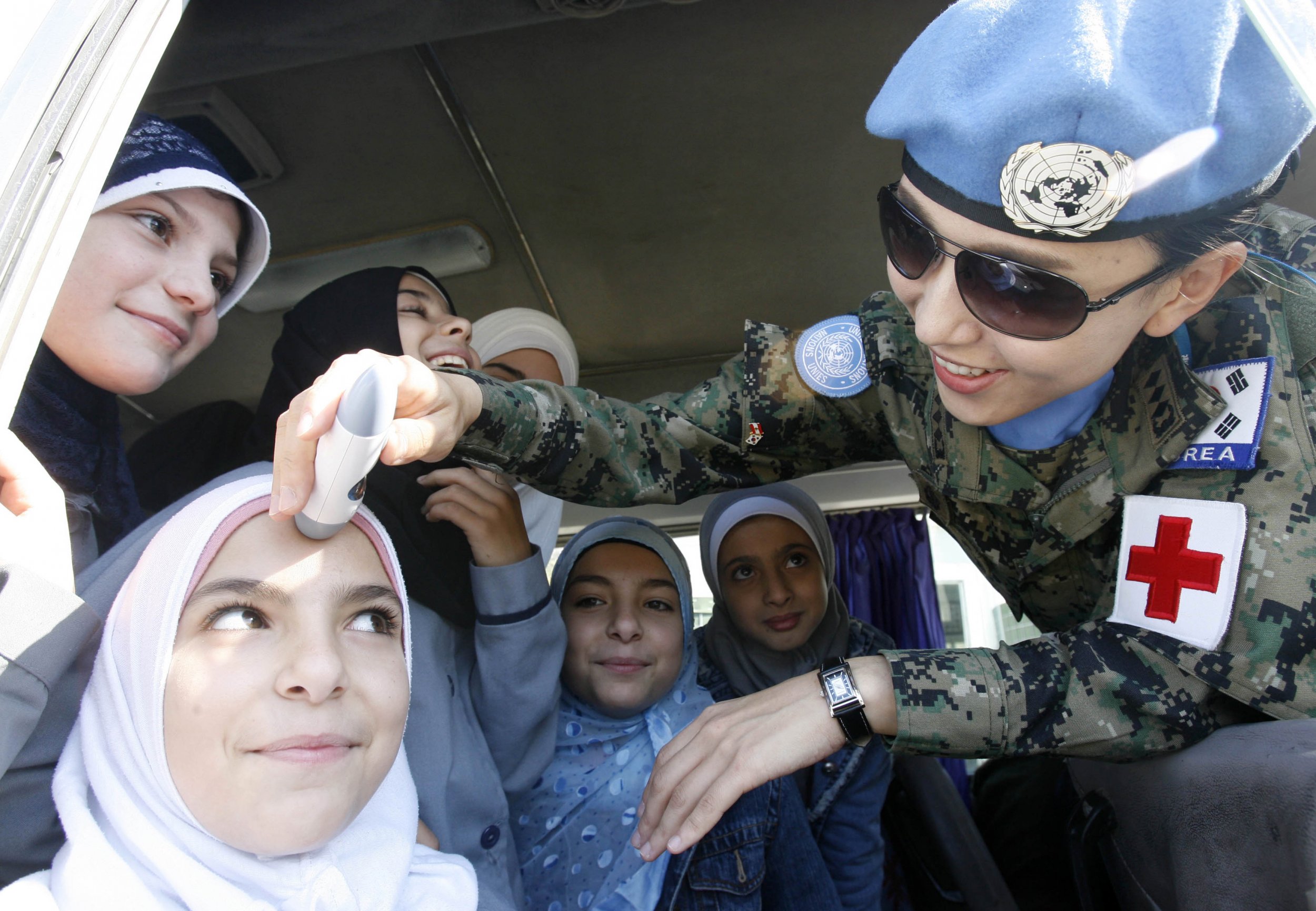
This article first appeared on the Council on Foreign Relations site.
At present, there are 16 U.N. peacekeeping missions around the world, nine of which are in Africa: Central African Republic, Ivory Coast, Democratic Republic of the Congo, Liberia, Mali, Sudan, South Sudan and the Western Sahara (Sudan has two, Darfur and Abyei). Like all U.N. peacekeeping missions, these were mandated by the U.N. Security Council (UNSC).
U.N. peacekeeping operations funding is the responsibility of all member states. The U.N. uses a complex formula to assess member state contributions that, among other things, takes into account relative wealth. Beyond that formula, the permanent five members on the UNSC (China, France, Russia, the United Kingdom and the United States) pay a supplement because of their special responsibilities and privileges.
The budget for U.N. peacekeeping in the 2016-2017 fiscal year was $7.87 billion, which the U.N. estimates is one-half of 1 percent of world military expenditures.

Based on the assessed percentage, the projected cost to the United States is $2.25 billion. However, many U.N. member states, including the United States, are chronically in arrears. Further, it is conventional wisdom that U.N. peacekeeping missions are usually underfunded given the tasks mandated to them by the UNSC.
Related: Is Trump Abandoning the Leadership of the Free World?
In the United States, the administration rolled out President Trump's "skinny budget" on March 16. This foreshadows the much more detailed budget that will be presented to Congress in May. It is essentially a "political" document in that it reflects the administration's "wish list." The actual budget will be subject to intensive Congressional scrutiny. At the end of the day, it is Congress that controls the purse strings.
President Trump's "skinny budget" calls for a cut in the budget of the Department of State and the U.S. Agency for International Development of nearly 30 percent. It also anticipates massive cuts in U.S. payments and contributions to the U.N. system. Such a budget cut would also eliminate most U.S. foreign assistance, with the exception of certain health programs, notably involving HIV/AIDS.
Even if Congress rolls backs some of these budget cuts, it must be anticipated that U.S. funding of U.N. peacekeeping will be significantly reduced.
How will the resulting shortfall be made up? Some peacekeeping missions might be eliminated, though experience shows this is difficult to do without an increase in bloodshed. Alternatively, other countries might increase their contributions—and thereby their influence within specific peacekeeping missions and the U.N. as a whole.
China, increasingly involved in peacekeeping missions, might see an opportunity.
John Campbell is Ralph Bunche Senior Fellow for Africa Policy Studies at the Council on Foreign Relations.
Uncommon Knowledge
Newsweek is committed to challenging conventional wisdom and finding connections in the search for common ground.
Newsweek is committed to challenging conventional wisdom and finding connections in the search for common ground.





